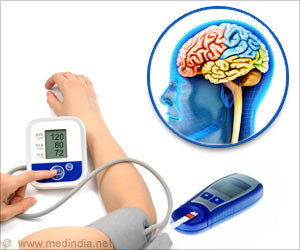Insulin pump system is an effective method to manage type I diabetes in young children.The insulin pump increases the percentage of time spent in target glucose range and lowers A1c levels considerably.
Highlights:
- Insulin pump system effectively improves glycemic consequences in young children with type 1 diabetes.
- The insulin pump increases the percentage of time spent in target glucose range and lowers A1c levels considerably.
- The present insulin pump available is the most advanced pump system used by many patients to manage diabetes
The scientists analyzed the data collected from 105 children between 7 and 13 years of age with type 1 diabetes. The children were asked to use the insulin pump for a two-week baseline period in open-loop mode and then for three months in-home study period with the hybrid-closed loop Auto Mode enabled.
The results of the study were compared with the data from the first trial of device which involved 30 adolescents between 14 and 21 years of age, and 94 adults between 22 and 75 years of age. In previous studies, in-home use of insulin pump for three months improved the percentage of time in the target glucose range (70-180mg/dL) and A1c levels in both adults and adolescents with type 1 diabetes.
Insulin pump benefited all age groups; it increased the percentage of time spent in target glucose range from 56.2 percent to 65.0 percent in children, from 60.4 percent to 67.2 percent in adolescents and from 68.8 percent to 73.8 percent in adults. The levels of A1c also considerably reduced in children from 7.9 percent to 7.5 percent, from 7.7 percent to 7.1 percent in adolescents and from 7.3 percent to 6.8 percent in adults.
No episodes of severe hypoglycemia or diabetic ketoacidosis were reported by children and they continued to use the pump.
About Type 1 Diabetes
Type 1 diabetes is a chronic condition in which the pancreas produce very little or no insulin. It is also known as insulin-dependent diabetes mellitus (IDDM). The most common symptoms of Type 1 diabetes are frequent urination, blurred vision, weight loss and weakness. Some of the complications related to diabetes are nerve damage, kidney damage, pregnancy complications and heart disease. The condition can be diagnosed by doing different blood tests like, Fasting plasma glucose (FPG) test, A1C test and Random plasma glucose (RPG) test.
















